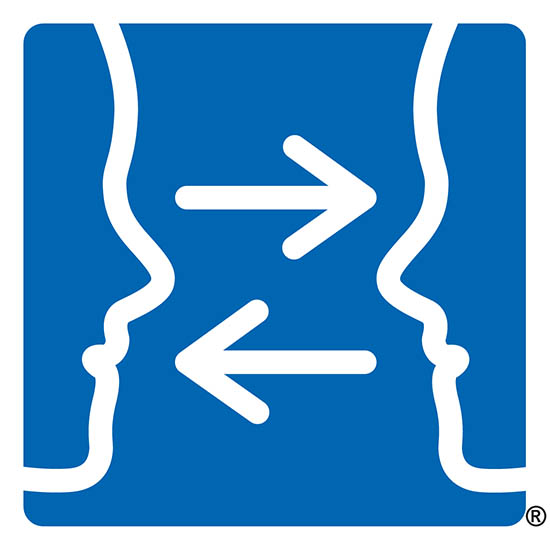On this Page
If you require urgent legal assistance/representation, you can use the Law Institute of Victoria’s lawyer referral service or contact Victoria Legal Aid. More information can be found here.
For consumers
For all new enquiries use our consumer enquiry form:
Consumer enquiry form
If you are unable to use the web form you can also contact us via:
Email: consumerenquiry@lsbc.vic.gov.au
Phone: 03 9679 8001
For lawyers (including LSB Online support)
Use our lawyer enquiry form:
Lawyer enquiry form
For external examiners
Use our external examiner enquiry form:
External examiner enquiry form
Office hours
Our office hours are from 9am to 5pm Monday to Friday.
We are closed on Victorian public holidays.
Before you arrive
We encourage visitors to book an appointment first, as this helps to make sure the right person is available on the day. Call or email us to arrange an appointment.
Telephone
Reception: 03 9679 8001
Local call cost: 1300 796 344
Addresses
Street: Level 27, 500 Bourke Street Melbourne 3000
Post: GPO Box 492 Melbourne 3001
Interpreting service
A free interpreting service is available to assist you with communicating with our office. To access this service, call the Translating and Interpreting Service on 131 450. Please note that our office is open from 9am to 5pm Monday to Friday excluding public holidays.
National Relay Service
If you are deaf or have a hearing or speech impairment, you can phone us through the National Relay Service. Visit their website at http://relayservice.gov.au.
We have developed a communication book to help us communicate more effectively with members of the public and the legal profession who may have communication difficulties.
This communication book is available at our reception on Level 27, 500 Bourke Street, Melbourne, 3000.
If you’d like to use this tool to communicate, just point to the Communication Access Symbol displayed at reception and our staff will be able to assist you.

